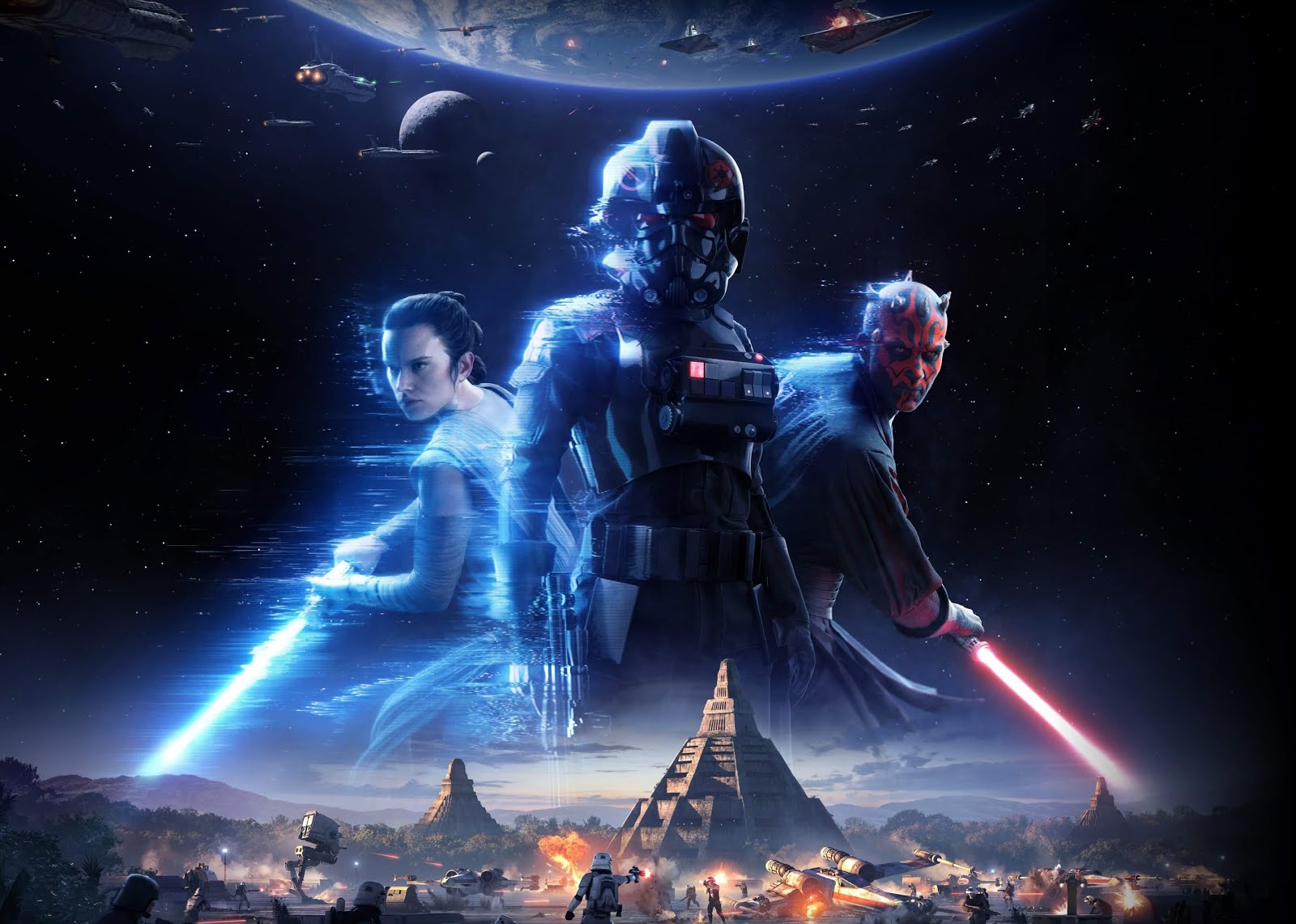During my twenty-two years on Earth, I have spent the vast majority of my free time playing video games. From the very start, I was enthralled by the power that video games gave a curious little kid such as myself to control the outcome of the events on the screen. What started as an experience that I could only share with one or two other people, quickly transformed into a massive, community-based hobby that connected gamers from all over the globe; with that came the mainstream advent of post-purchase transactions, often referred to as downloadable-content (DLC), that added certain features or storylines to a pre-existing game.
What a great idea! I can add new things to my favorite games? How could this possibly be a bad thing? Well, for a long time at least, it wasn’t a bad thing; in fact, DLC kept games alive long past their intended life-span, such is the case with games such as “Guitar Hero” and “Rock Band,” in which players could purchase new song packs that revived each game in the series. Sure, spending more money sucks, but for the most part, players felt as though they were receiving an equal share for their dollar.
However, as you could likely have predicted, something went wrong along the way. In 2017, there are very few remaining examples of DLC that are not extremely overpriced, purposely left out of the original version of the game in order to stretch profits or introducing “pay-to-win” features into games that do not rely on DLC purchases to stay afloat. Recently, the trend seems to be pointing toward games being unfinished, or sometimes simply broken, upon release. This lack of consideration on the company’s part requires players to purchase DLC to literally fix the game that they purchased, as was the case with the original “Destiny.”
Then, just when players were wondering how it could possibly get worse, came the release of the beta version of “Stars Wars Battlefront 2,” which received, quite possibly, the most vengeful protest in the history of video games. The game included a popular form of DLC known as “loot-boxes,” in which a player earns in-game credits to open a mystery box of potential items, characters, weapons and more. Most of the time, loot-boxes are limited to aesthetic items like costumes for characters; in “Star Wars Battlefront 2,” however, the items in the loot-boxes are still randomly assigned, but they provide distinct advantages for the players who opened them. Thus, progression in the game is based upon completely random factors, none of which are based on a player’s skill within the actual game.
That seems a bit unfair, but you could always just save up the in-game credits to purchase exactly what you want, right? Technically, yes you could. However, as Soeren Kamper from “Star Wars Gaming” calculated, it would take nearly 4,528 hours to unlock every item, a.k.a. six fucking months of just playing the game. Kamper also estimates that a player could instead pay for 3,111 loot-boxes to unlock everything, which costs just over two-grand. Seems reasonable!
Predictably, players publicly destroyed EA, the developer of “Battlefront 2,” across all mediums. The Reddit gaming community (r/gaming) was particularly vigilant, putting every resource that they had into defaming EA’s brand, and protesting the purchase of “Battlefront 2.” EA responded promptly, by removing the loot-box system from their games, ONLY TEMPORARILY, and reducing the number of credits that are required to unlock items and characters, while also reducing the number of credits that you earn in-game, giving the virtual middle-finger to players who are actually paying attention.
While the revolt on the hands of the players was a monumental moment in gaming, if only for the fact that it proved that a united base of players could actually instill some sort of change in the gaming community, the real progress that the reaction to “Battlefront 2” has brought about is likely not yet visible.
By sinking so low into the monetization of the game’s core features, “Battlefront 2” opened the eyes of a massive percentage of players who had been blindly accepting of the new practices that developers and publishers were putting in place. The entire production process, promotion, release and life-span of video games has been uprooted by invasive measures designed to produce the most profit, and what was at one point an acceptable addition into the gaming world, is now the bane of gaming’s existence. The resistance that “Battlefront 2” faced leading up to its release is a deserved warning-shot at the video game industry, stating clearly that there is absolutely a line that players are not willing to cross in terms of post-purchase spending.
The question now: where do we go from here? Well, a company as large, and as purely evil, as EA has seen their fair share of controversy in the past, so it is unlikely that they will be changing their practices any time soon; evidence of their refusal to change can be found in the fact that they did not permanently remove the system that players were protesting. However, companies that are not as powerful as EA were absolutely paying attention to the backlash that the developing giants received, and literally cannot afford to deal with a PR nightmare like “Battlefront 2.” EA ran into trouble because they did not take the players’ best interest into consideration, which led to the players feeling cheated and unappreciated.
Hopefully, if nothing else, EA’s ineptitude and undying mistreatment of its customers will lead to other developers taking the opposite approach, and place the power back into the hands of those who are actually purchasing the games. With a slate of important titles set to release in the upcoming year, it will be fascinating to see how developers adapt to the renewed awareness, and activism, of the gaming community.

















